I grew up next to the sea and I felt that I had everything: an endless summer, the song of the cicadas, a bunch of faces that refused to grow old and the taste of watermelon under the pine trees. The sea resembled an uncultivated field, where childhood was constantly being reborn and rewarded. I don’t remember all the faces I met, but I do somehow recall sudden expressions and fleeting images: the talk of older people before sunset, the whispering lips of women, the sweating foreheads of busy men, the agony for the coming winter, as well as the promise that a triumphant summer will conquer our lives again.
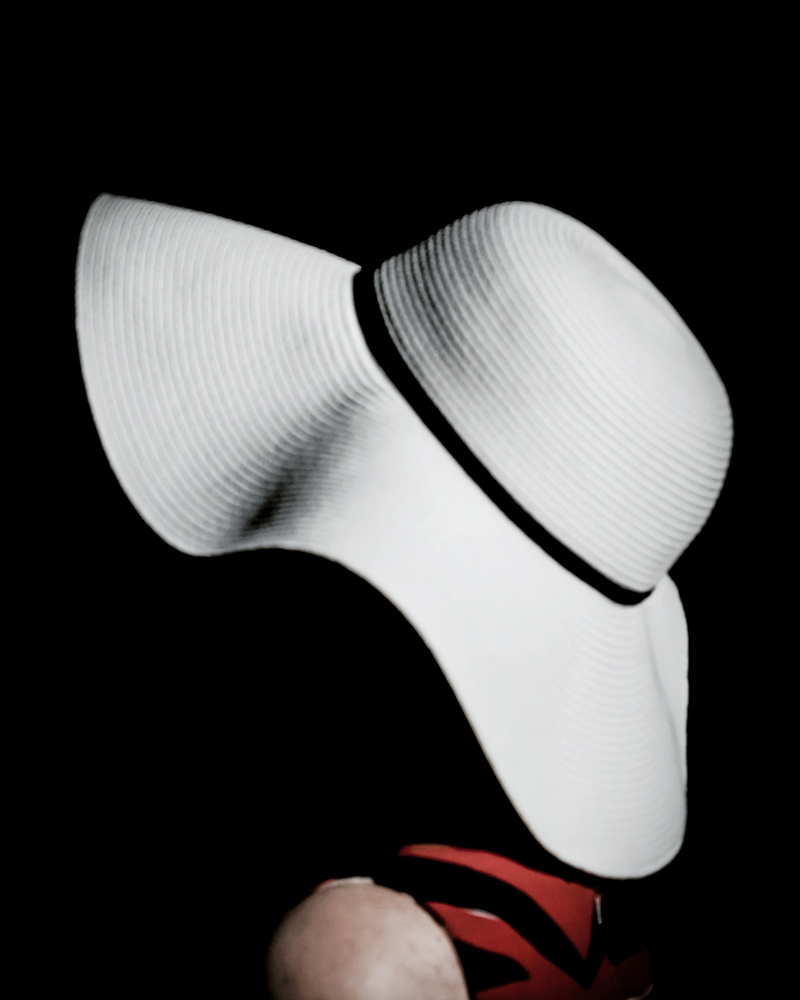
Then I lost the sea and the transition was violent. Entering the next phase of life kept me occupied but I could hardly somehow manage to return back to the early days. I wasn’t nostalgic or pessimistic; I was just longing for some sort of simplicity, a way of life based on spontaneity, on free will and on outspoken truths. Adulthood did not arrive as a blessing but as the fulfillment of a dreary prophecy. All the potential punishments of our childhood became our daily adult routine: “you’ll be left alone” or “you won’t get any money” or even “you are not allowed to go out”.
The legendary summers looked like shipwrecked boats; they couldn’t set sail because they were too damaged, nor could they reach the shore and start all over again clean. I equipped myself with artifacts, some long existing objects, humble in their existence, easy in their use. Technology has altered them but it didn’t taint their soul. They seemed to have been always there, on that remote planet, as a way of expression and their purpose was to create worlds that we’d probably never visit.
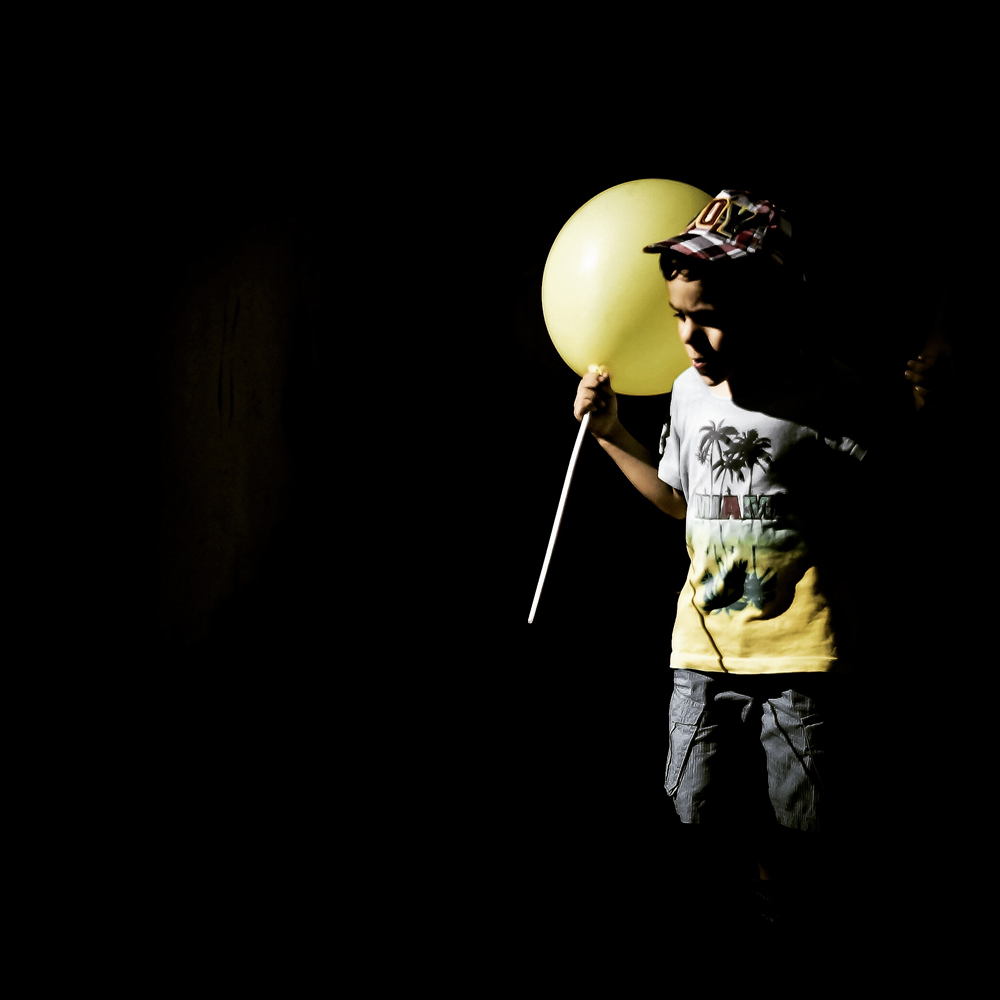
“Yellow Balloon”, Athens 2016
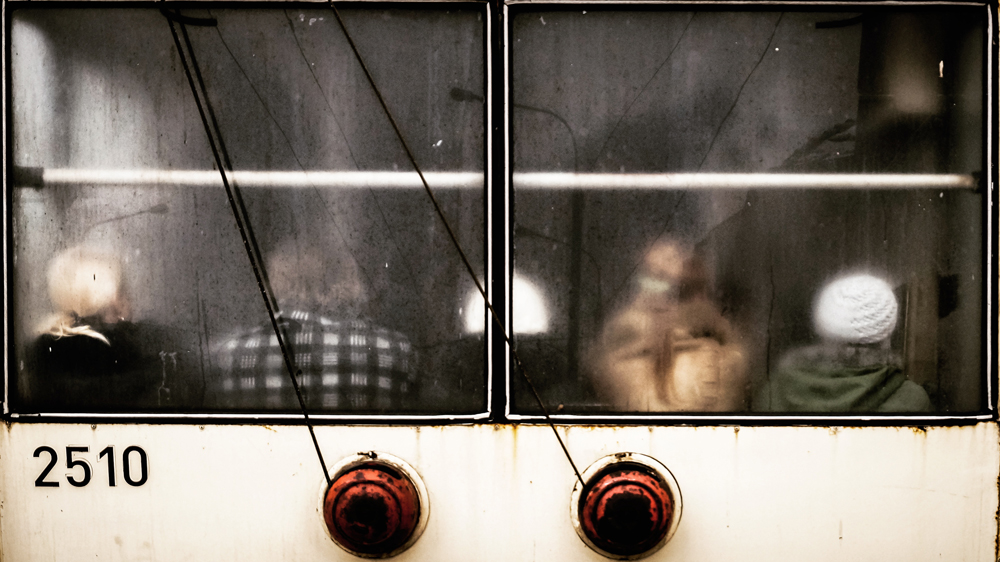
A family of sorts, Vilnius 2016
At first it was a pen and a paper, then a typewriter and later a laptop. Despite its technological evolution, the soul of the written word did not change and there will always be someone willing to lock his body -but not his spirit- into a silent room and start writing. Respectively, at first there was a smartphone, then a compact camera and later a bigger one. Contrary to the ancient belief, images do not consist of a thousand words; they consist of all the words we were not able to write.
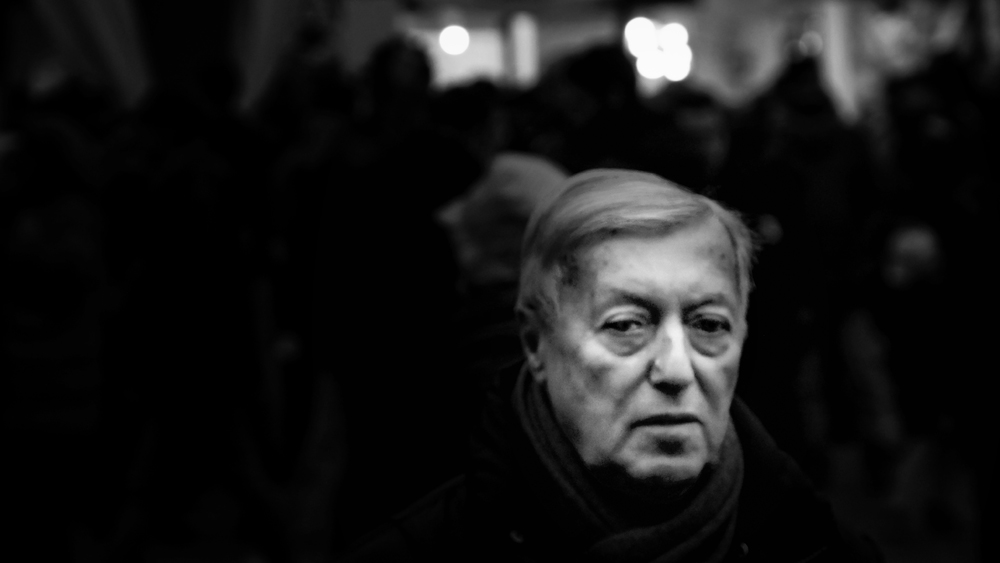
“Wrinkles and movies”, Bologna 2016
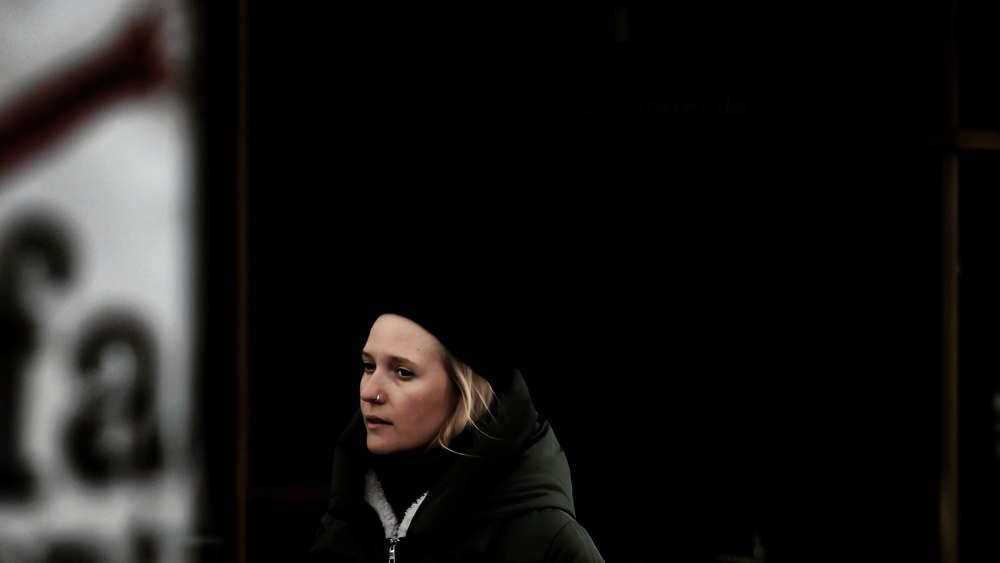
“Far Away”, Berlin 2017
I can never afford to lose people, but when I started dealing with absence it seemed to me that there was only one way back: the narrative. Through writing I felt I could re-visit, through photography I felt I could re-see. The return to childhood has nothing heroic in its heart and I could never identify with Proustian moments. It was simply that old longing for simplicity sending me to the white paper or the black film.
The white paper and the black film are always an interpretation of a narrative that fails to be resonated: words that fail to be written deliver always a white paper, while photos that fail to be taken deliver always a black image. The eternal battle of the two irreconcilable colors is not only a clash between light and darkness but also the inability of self-expression on a given day. If the creative adult is indeed a child who has survived, one can only imagine how painful a white paper or a black film really feels.
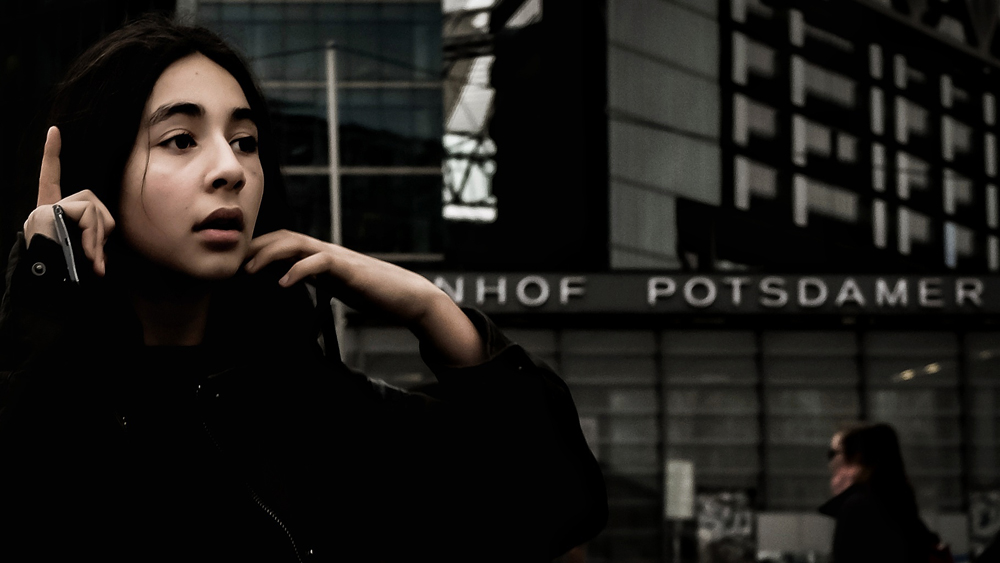
“No man’s land”, Berlin 2017
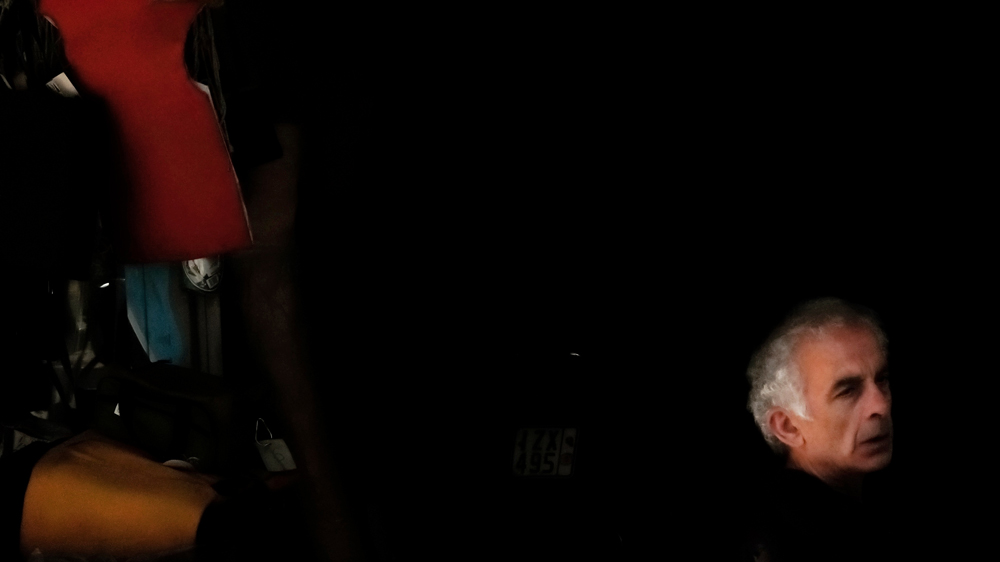
“The Letter”, Athens 2017
I can’t recall most of the faces of these old summers. They seem to be lost in a sea of oblivion and they are only allowed to emerge for an instant every now and then. Nowadays I spend less time in front of the sea and I am not that spontaneous anymore. I’m spending most of my days in big cities, where History adds an extra weight on the already long faces of the Europeans. Sunny days are good for the body, but only the cloudy ones make me feel really productive. I’d wake up rather early and I’d write until noon; then, I’d take my camera in hand and go out.
The city is crowded and I’m searching for dark corners, spots where the contrasts are magnified. I’m standing there for twenty, maybe thirty minutes. I’m waiting for a face to appear from the darkness, somebody that will remind me of the people I used to know: faces from past summers, lost loves, absent friends, people I rarely see. Some days no one appears, but I live for the day that a familiar face will emerge from the darkness. This is a re-connection of sorts, a short return to the simplicity of childhood: a person, an expression, a scene. The memory is finally serving its purpose, which is to remind us who we really are: we are nothing more than a patchwork of all the people we ever met. For a dense moment I feel like being in front of the sea on a warm summer afternoon. I am extremely young again, I am revolted against oblivion and I’m fishing in the abyss.
THE END
George Pavlopoulos is the author of three novels. He has also written several travelogues and short stories. You can see more of his work on his Website as well as on Instagram.
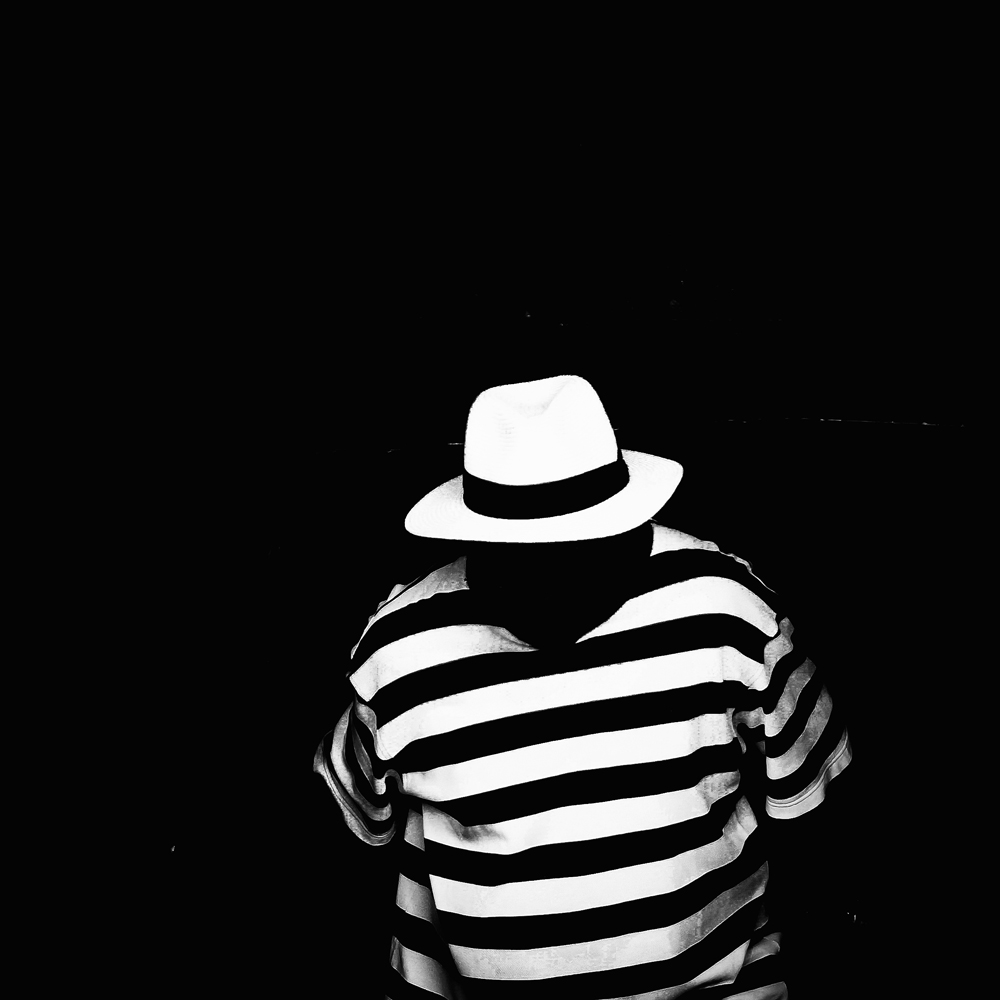
“Only the inventors survive”, Athens 2016
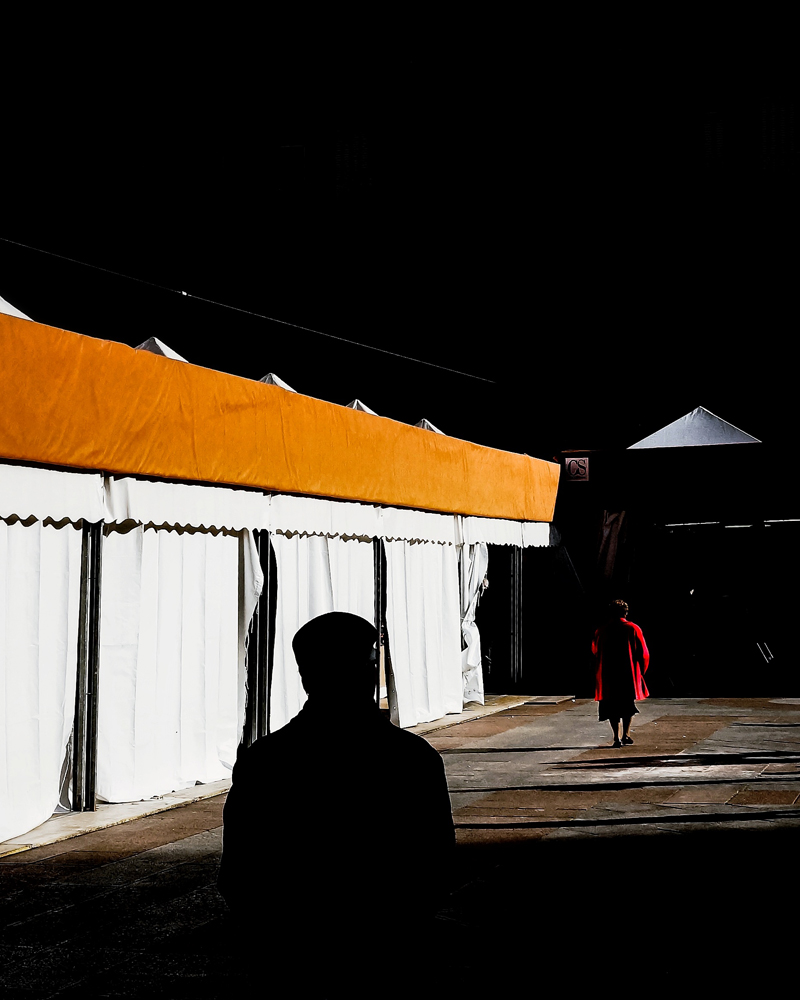
“The journey of sand”, Bologna 2016
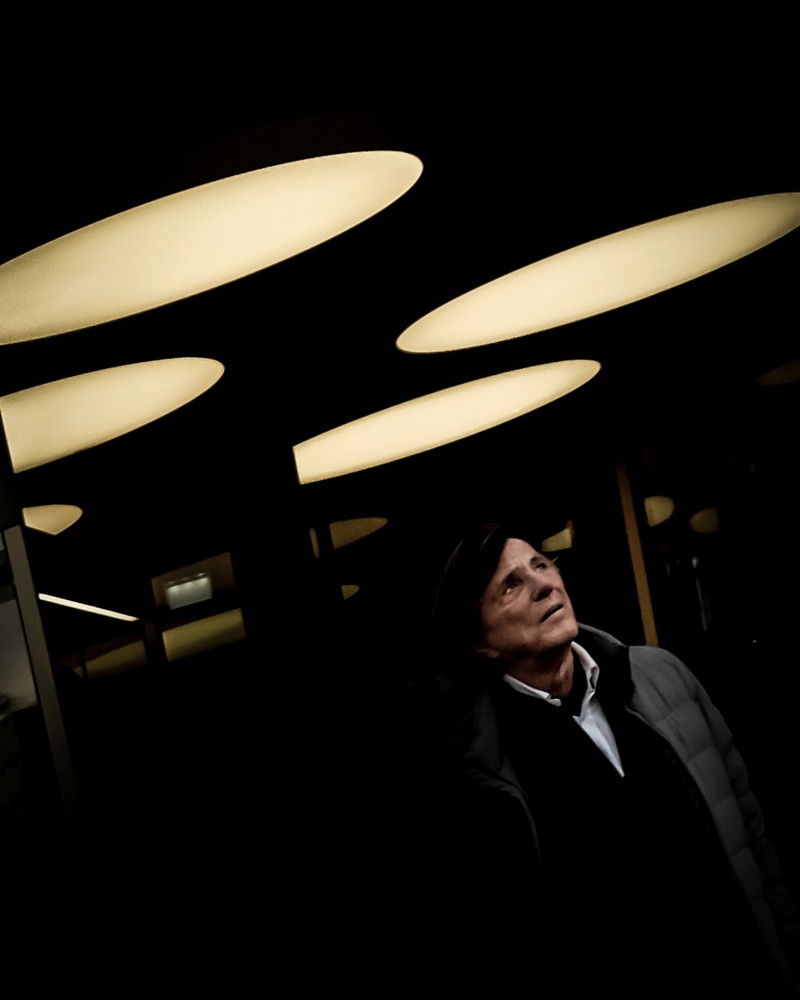
“The man who could not dream”, Berlin 2017
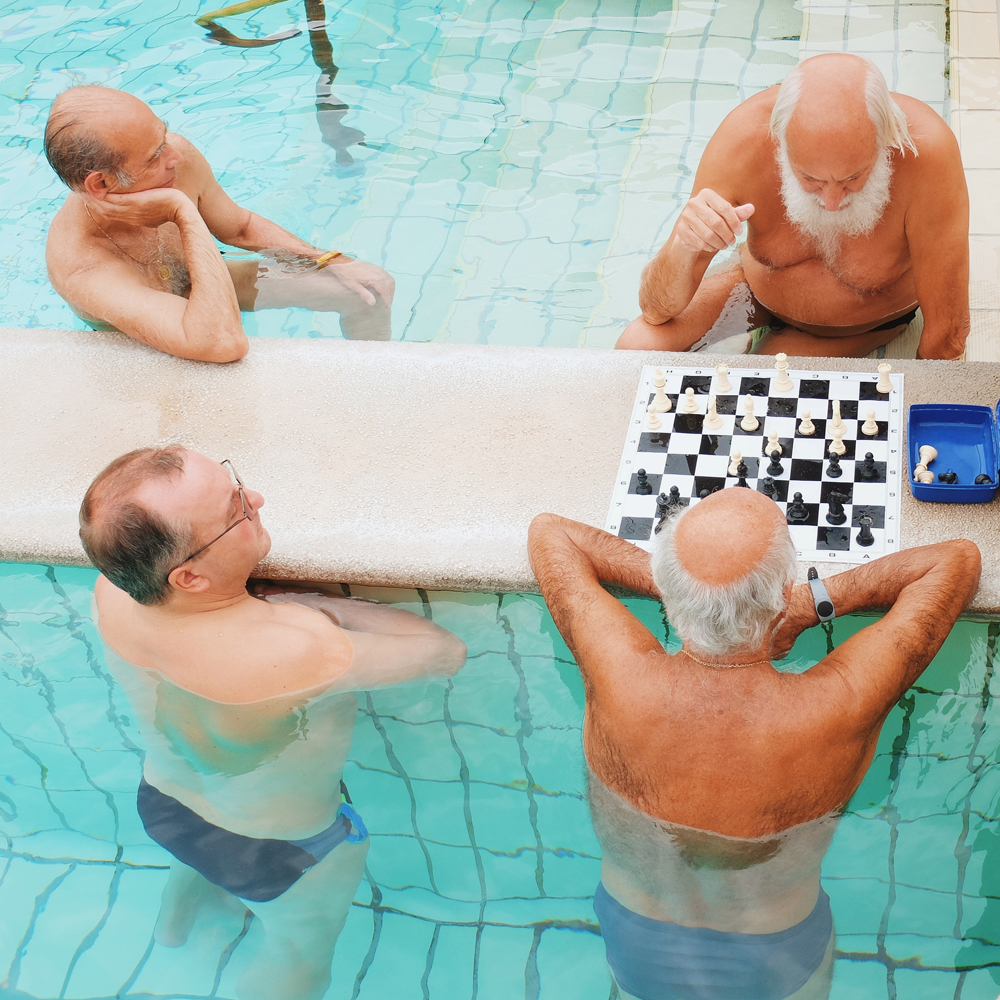
Kings in water, Budapest 2015
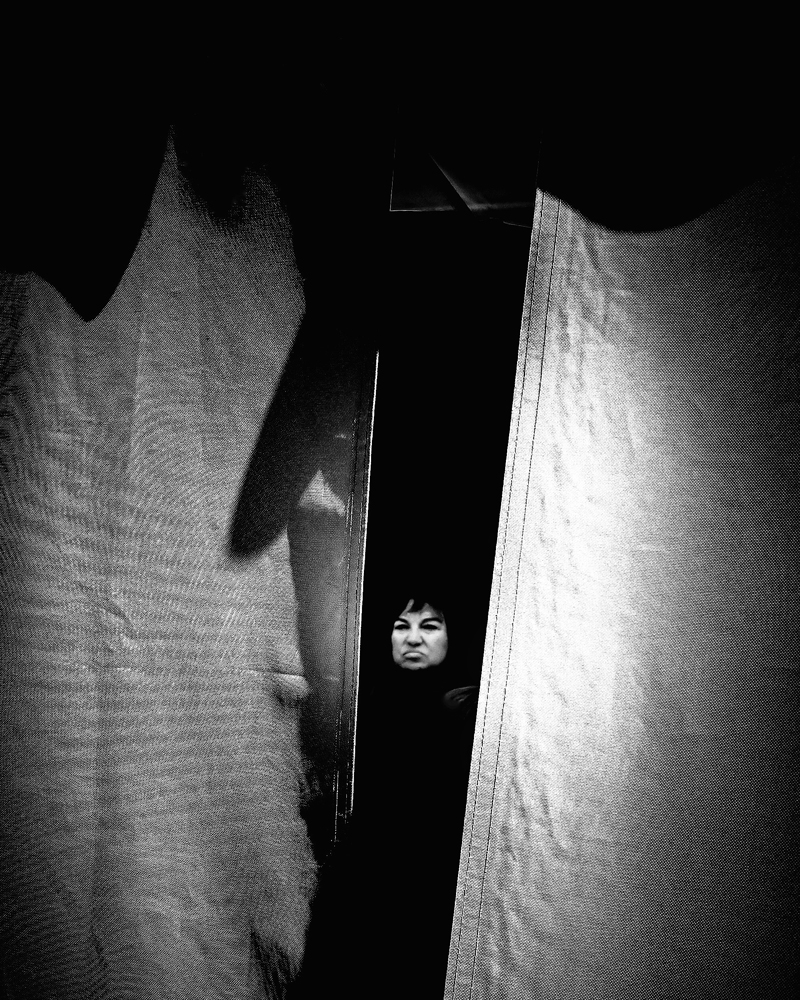
“Ghosts”, Athens 2016
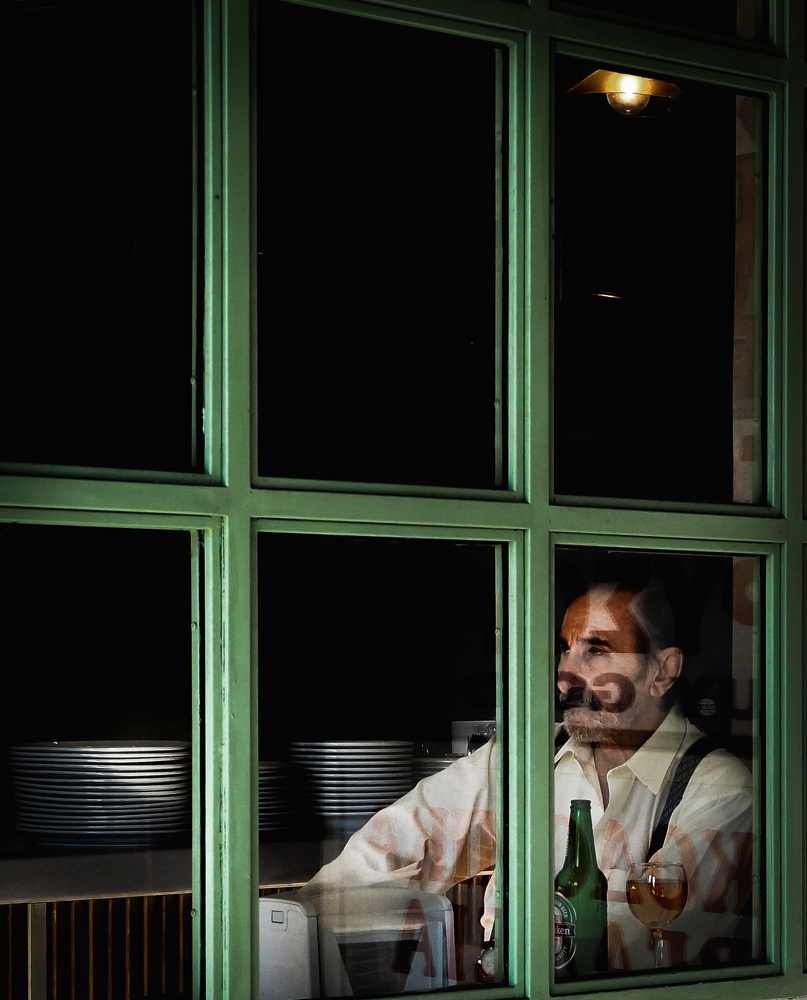
“Early summer”, Athens 2016
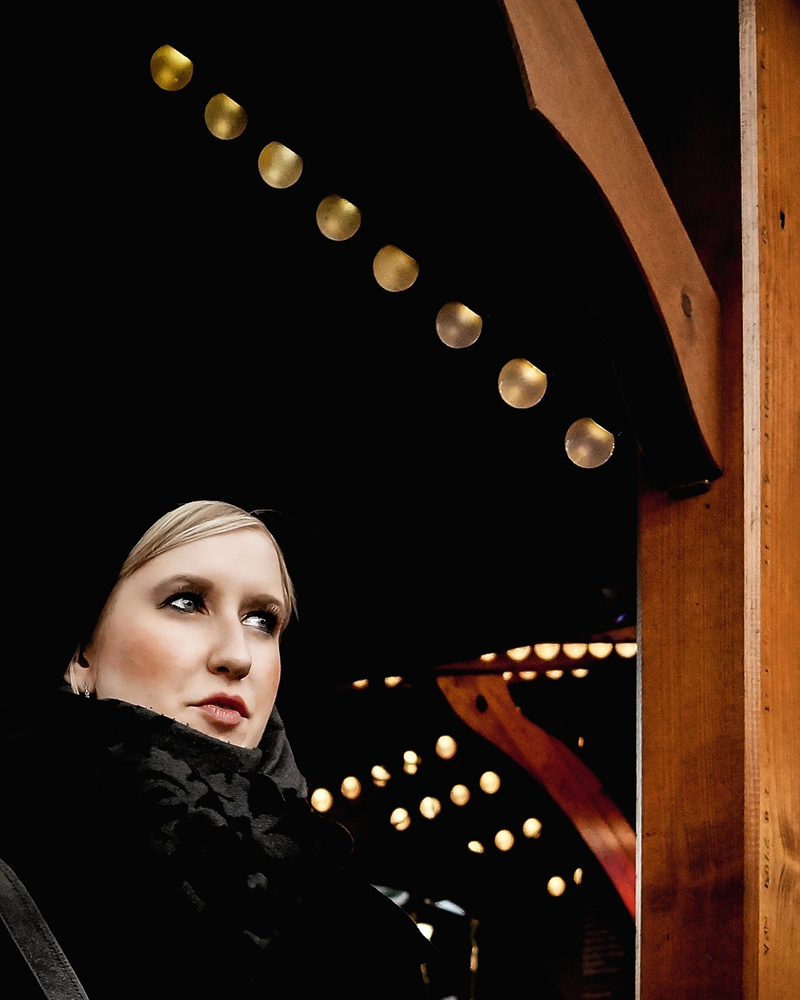
“Christmas”, Berlin 2016
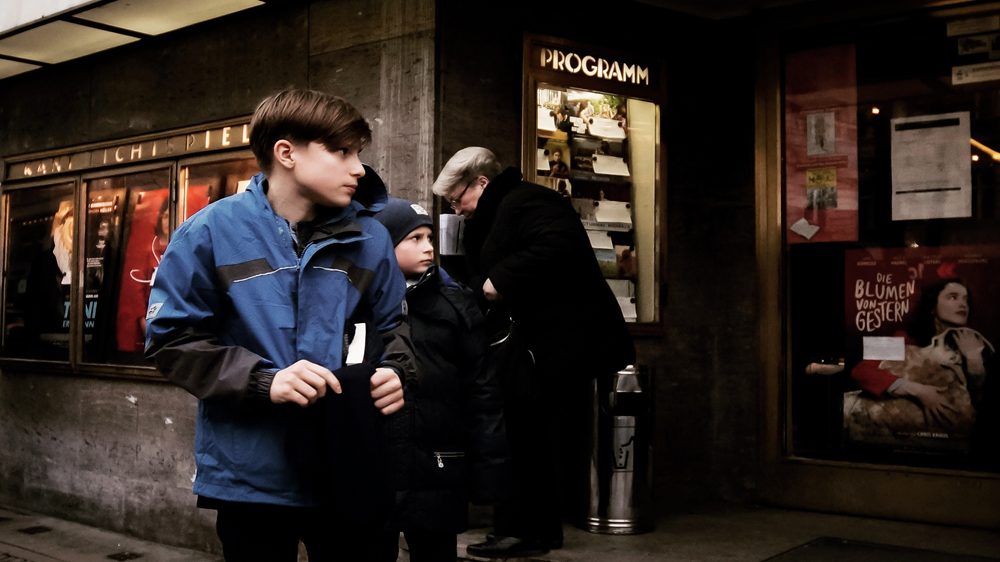
Towards the future, Berlin 2017
About Author

- George Pavlopoulos was born in Athens, Greece in 1980. He is the author of three novels: 300 Kelvin in the Afternoon, (Alexandria Publications, 2007), Steam, (Kedros, 2011) and The Limit and the Wave (Potamos, 2014). Extended excerpts from his first two novels were featured in New York based online translation venue, InTranslation. His second novel Steam is in the permanent collection of Yale, Harvard, Princeton and Columbia libraries. He was a guest of the Hellenic Foundation for Culture at the 2015 Frankfurt Book Fair. In 2017, he participated in the International Short Story Festival of Istanbul. He has also written several travelogues and short stories. He currently lives in Berlin.
Latest stories
 George PavlopoulusJanuary 6, 2018Short Elegy for Anafi
George PavlopoulusJanuary 6, 2018Short Elegy for Anafi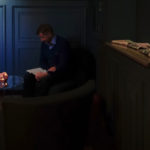 George PavlopoulusJune 23, 2017Fears and Memories in Helsinki
George PavlopoulusJune 23, 2017Fears and Memories in Helsinki George PavlopoulusMarch 7, 2017‘Fishing in the abyss’ by George Pavlopoulos
George PavlopoulusMarch 7, 2017‘Fishing in the abyss’ by George Pavlopoulos

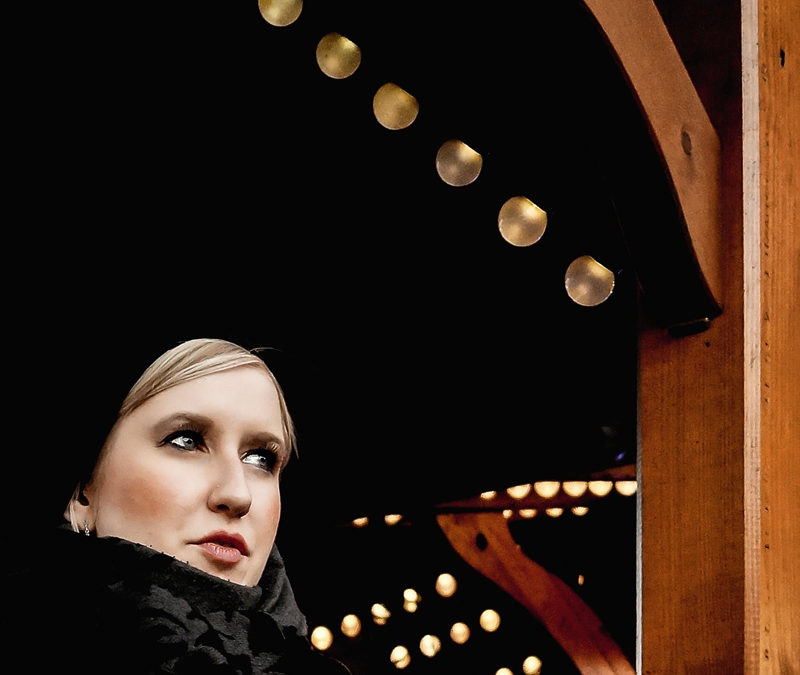
Booker, definately Booker! ?
Thank you so very much Caroline!
I loved going through these lines and pictures. The eternal battle of the two.
It makes me really happy, Susanne!
Excellent article George, I really like your comparison about the white paper and the black film about words and photos.
Thank you very much, Daniel!
Immense!I enjoyed so much the reading. Thank you deeply for this thoughtful article about you ( our) inner world. And about the choice of images you already know how much I love your work. Now I understand why your characters look so distant and desperate. Thank you George, I feel so good after this navigation through these wonderful lines.
My dear Valeria, this means so much. Indeed some of the characters appear from a dark abyss: that’s how I imagine past memories somehow. Thank you so much for reading as well as for your thoughtful comment.
I absolutely loved reading this George. The images are fantastic!
Thank you so much Elaine!